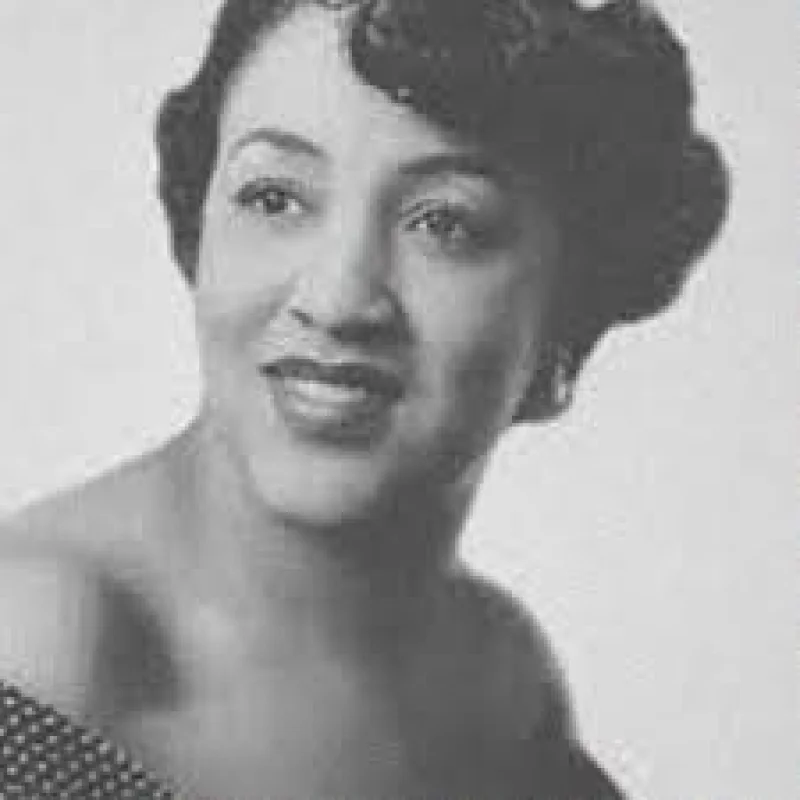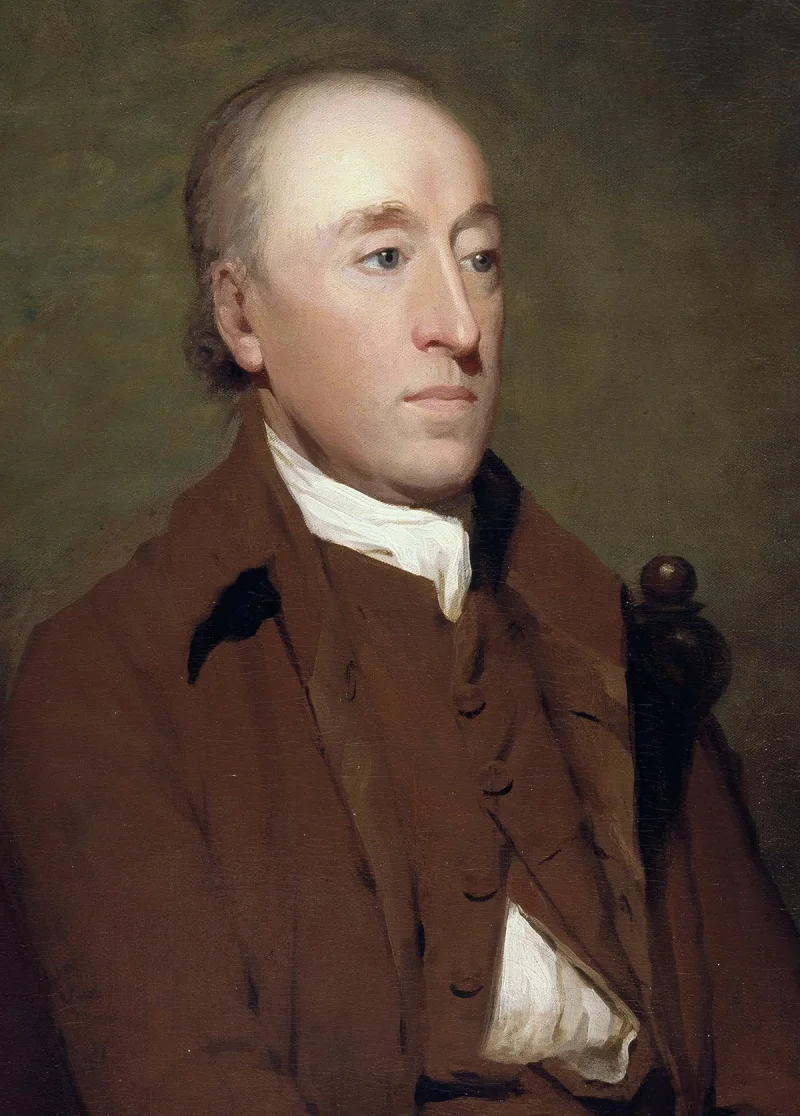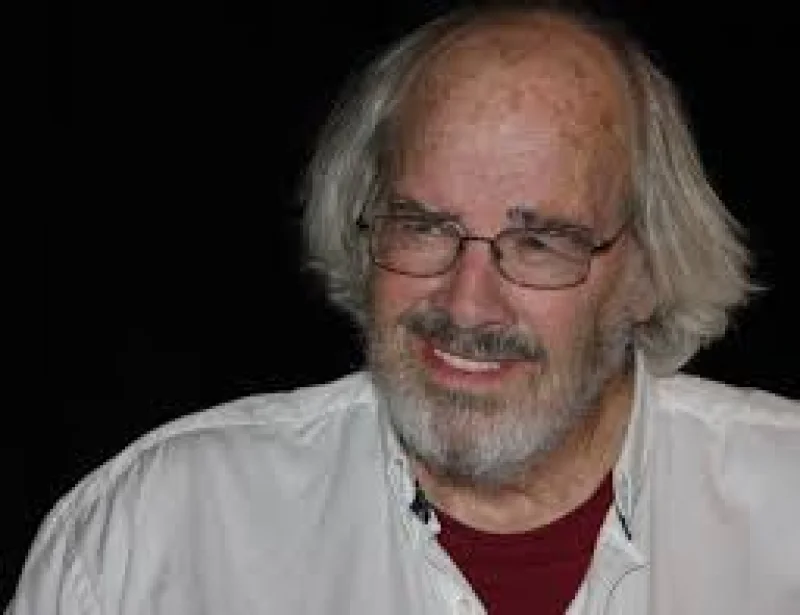Short Summary
David Bohm was a renowned theoretical physicist whose work on quantum theory and philosophy of science has left an indelible mark on both fields. He is best known for his interpretation of quantum mechanics, known as Bohmian mechanics, which offers an alternative to the Copenhagen interpretation. Bohm's exploration of the interconnectedness of the universe and his innovative ideas about the nature of reality have influenced not only physics but also philosophy and psychology. His pioneering work continues to inspire scientists and thinkers around the world.
Early Life & Education
David Bohm was born on December 20, 1917, in Wilkes-Barre, Pennsylvania, to a Jewish family. His father was a successful businessman, and his upbringing was comfortable, nurturing his interest in the sciences from an early age. He attended Pennsylvania State College, where he obtained his Bachelor of Science in 1939. He then pursued graduate studies at the University of California, Berkeley, earning his Ph.D. in 1943 under the supervision of J. Robert Oppenheimer. During his time at Berkeley, Bohm was deeply influenced by the burgeoning field of quantum mechanics, which would shape his future career.
Career Highlights
David Bohm's career was distinguished by his groundbreaking contributions to quantum theory and philosophy. After completing his Ph.D., he worked on the Manhattan Project during World War II. Following the war, he held academic positions at Princeton University and the University of São Paulo. In the 1950s, he developed the pilot-wave theory, also known as Bohmian mechanics, which challenged the standard interpretations of quantum mechanics. Later, he joined Birkbeck College, University of London, where he continued his research into theoretical physics and the philosophy of science. His work on the holistic nature of the universe and quantum entanglement has had a profound impact on multiple fields.
Major Achievements
- Developed the pilot-wave theory, providing an alternative interpretation of quantum mechanics.
- Authored "Quantum Theory" (1951), a significant textbook that influenced generations of physicists.
- Collaborated with Karl Pribram on the holographic model of the brain, blending physics and neuroscience.
- Explored concepts of wholeness and the implicate order, impacting both science and philosophy.
Famous Quotes
- "In some sense, man is a microcosm of the universe; therefore, what man is, is a clue to the universe."
- "The notion that all these fragments are separately existent is evidently an illusion, and this illusion cannot do other than lead to endless conflict and confusion."
Interesting Facts
- He was blacklisted during the McCarthy era, prompting his move to Brazil.
- He had a lifelong interest in Eastern philosophy and collaborated with Indian philosopher Jiddu Krishnamurti.
- Bohm's work on plasma physics contributed to advancements in nuclear fusion research.
- He was nominated for the Nobel Prize in Physics multiple times.
- His dialogue approach to understanding thought and communication has been influential in organizational development.
Legacy / Influence
David Bohm's legacy is profound, extending beyond physics to influence philosophy, psychology, and organizational theory. His ideas on quantum mechanics continue to challenge and inspire new interpretations of the universe's fundamental nature. His work on wholeness and the implicate order has encouraged interdisciplinary dialogue, fostering a deeper understanding of the interconnectedness of all things. Bohm's influence persists in scientific and philosophical circles, highlighting the importance of questioning and exploring alternative perspectives.
FAQ
Q: Why is David Bohm famous?
A: He is famous for his contributions to quantum theory, particularly the development of Bohmian mechanics as an alternative interpretation of quantum mechanics.
Q: What is Bohmian mechanics?
A: Bohmian mechanics is an interpretation of quantum mechanics that introduces hidden variables to explain particle behavior deterministically.
Q: Did David Bohm collaborate with any philosophers?
A: Yes, he collaborated with Indian philosopher Jiddu Krishnamurti, exploring the nature of thought and consciousness.













